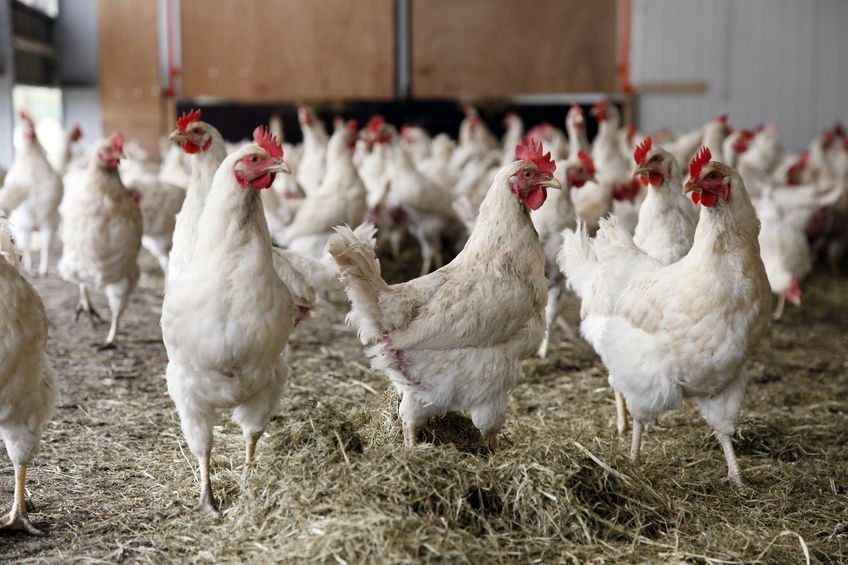
A new statutory code of practice for the welfare of meat chickens and meat breeding chickens is in the making, Defra has confirmed.
The government set up a consultation to seek views on a new statutory Code of Practice for the Welfare of Meat Chickens and Meat Breeding Chickens for England.
The purpose of the existing statutory code is to provide owners and keepers of meat chickens and meat breeding chickens with guidance on how to comply with relevant welfare legislation.
The existing code has not been updated since it was published in 2002. It does not reflect the additional rules relating to the welfare of conventionally reared meat chickens which came into force in 2010.
The proposal is to revoke the existing statutory code and to replace it with a new one.
Latest knowledge
It aims to provide up-to-date guidance on the current legislation, maintain animal welfare standards, reflect the latest scientific and veterinary knowledge and be presented in a clear and relevant way for farmers.
A total of 13 responses were received to the consultation. The largest number of responses (4) came from animal welfare organisations. Other responses were received from the livestock sector (2), the veterinary profession (2), charities (2), a training provider (1) and members of the public (2).
It includes a recommendation that welfare outcomes should be used to assess and monitor the ongoing welfare of the birds as part of the farm health and welfare plan; and further references to the importance of seeking veterinary advice.
'Five freedoms'
It also lists the "Five Freedoms", which form a logical basis for the assessment of welfare within any system together with the actions necessary to safeguard welfare within the constraints of an efficient livestock industry.
These are: 1. Freedom from hunger and first - by ready access to fresh water and a diet to maintain full health and vigour; 2. Freedom from discomfort - by providing an appropriate environment including shelter and a comfortable resting area; 3. Freedom from pain, injury or disease - by prevention or rapid diagnosis and treatment; 4. Freedom to express normal behaviour - by providing sufficient space, proper facilities and company of the animals’ own kind; 5. Freedom from fear and distress - by ensuring conditions and treatment to avoid mental suffering
The draft code was placed in Parliament on Tuesday (9 January). If there are no objections, it will come into force in March 2018.
